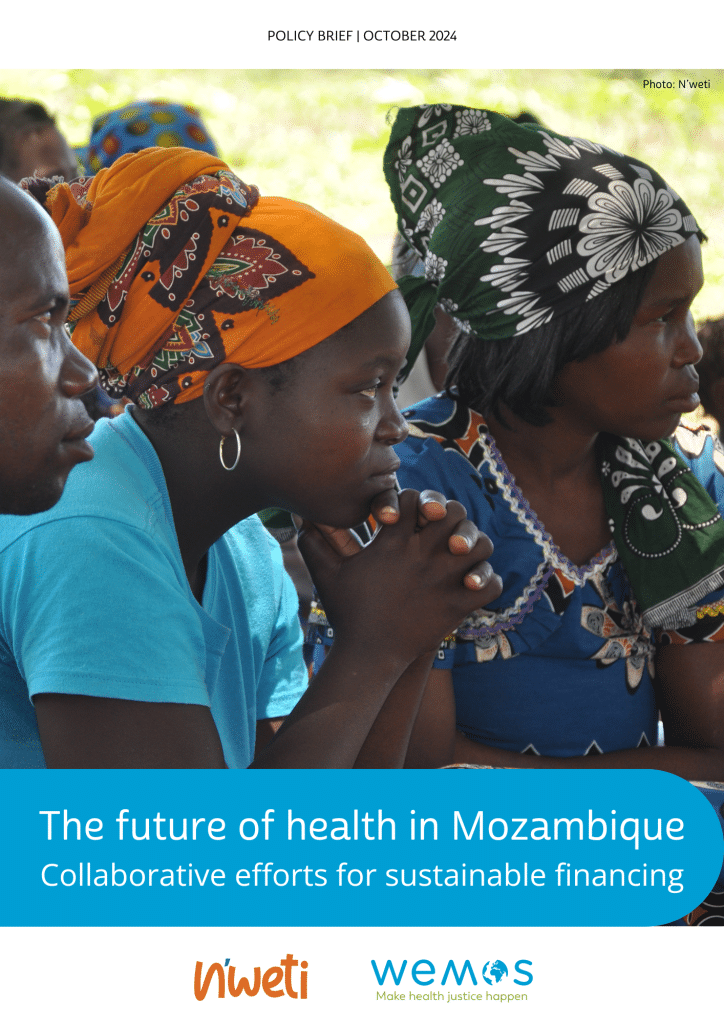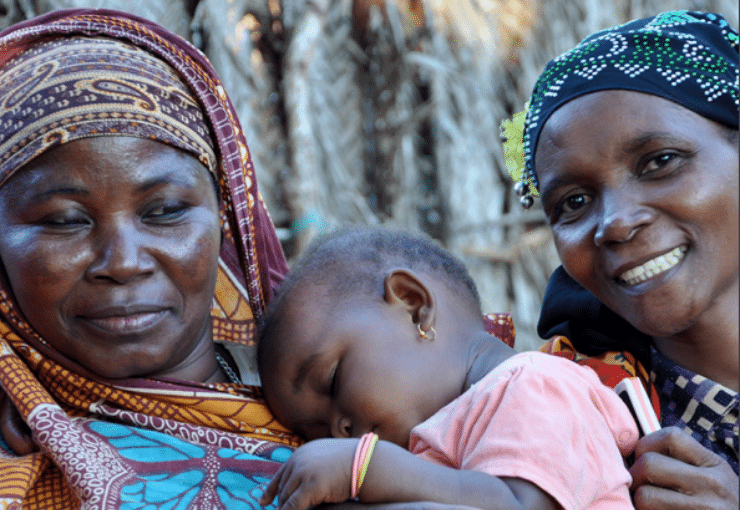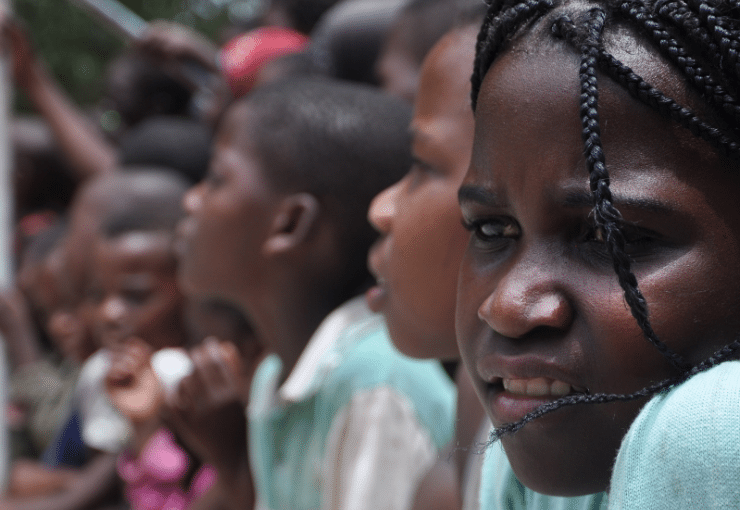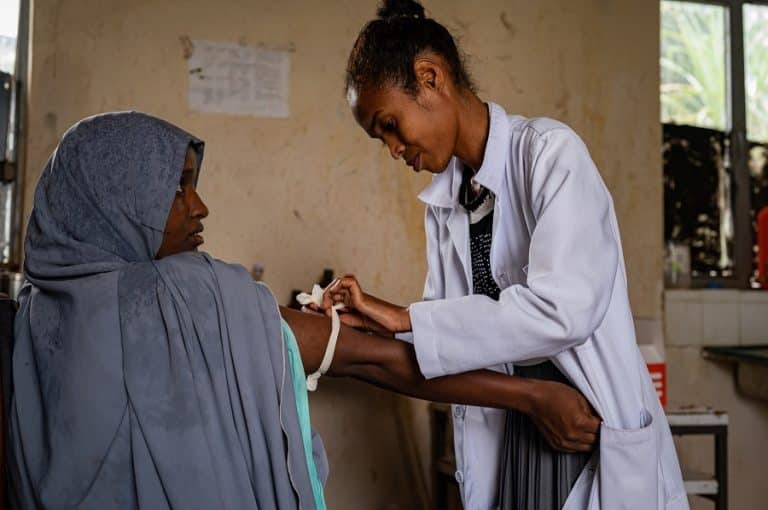
Download the policy brief
N’weti and Wemos are pleased to announce the publication of our policy brief, ‘The future of health in Mozambique: Collaborative efforts for sustainable financing’. The brief emphasizes that collaboration among global actors and Mozambique’s government is key to mobilizing more resources for health and building a health system that truly serves the population. It provides insights into Mozambique’s health financing challenges and offers actionable recommendations for both the government and international donors to build a more resilient, inclusive health system that ensures access to quality health for all.
A deep dive into Mozambique’s health financing crisis
Mozambique’s public health system is at a critical crossroads. Amid rising rates of infectious diseases, chronic child malnutrition and poverty, the country faces severe financial challenges to invest in public health. As a result, vulnerable groups and persons living in poverty, who cannot afford private healthcare and rely on public services, are dealing with growing barriers to access healthcare.
What are the main obstacles hindering Mozambique’s ability to allocate more funds to public health, and how can global actors and the Mozambican government collaborate to ensure equitable access to healthcare for all?
To answer these questions, N’weti and Wemos conducted an in-depth study on Mozambique’s fiscal space for health (read more about it here). Through a comprehensive analysis of the country’s fiscal space and health system, the study identified three core barriers that limit funding for public health: (1) limited domestic revenue, (2) high public debt, and (3) heavy dependency on external resources.
It also examined the roles of government and international organisations, such as the World Bank, the IMF, global health initiatives and other international donors, in expanding fiscal space for health.
Collaborative efforts are needed for more budget for health
The findings of this extensive study led to the publication of the policy brief ‘The future of health in Mozambique: Collaborative efforts for sustainable financing’. It outlines valuable recommendations for the Mozambican government and global actors to take collaborative actions to expand the country’s fiscal space, ultimately improving access to health and well-being for Mozambicans, such as:
- The government should prioritize tax reforms focusing on progressive taxation, e.g., by reducing incentives and exemptions for multinational corporations, rather than increasing direct consumer taxes. It also could implement earmarked taxes for health, e.g. taxes on tobacco, alcohol or sugary drinks.
- Health programmes should focus on cost-effective interventions, such as primary healthcare.
- The World Bank and IMF should revise their policies around austerity conditions to ensure that social spending is secured during periods of fiscal consolidation.
- Government and global actors must commit to local and international actions to curb tax evasion and illicit financial flows.
- International donors should commit to predictable support, improve coordination to prevent duplicate or inconsistent efforts and align their programmes with national health strategies.





